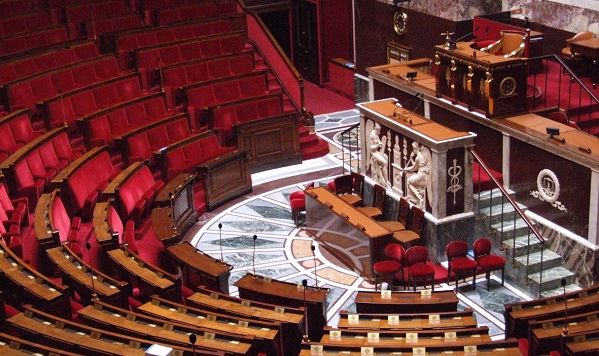The revamping of Anssi’s detection probes and the search for technical markers on the networks of electronic communications operators has finally passed the course of the National Assembly without incident. The Palais-Bourbon indeed validated these new provisions on Thursday, June 1, subject to a few modifications to the text, just like the other cyber articles of the military programming bill.
Fifty copies of servers per year
By the way, the debates made it possible to know a little more about this extension of the prerogatives of the French cyber-firefighter. With the updating of the probes introduced in the last military programming law, housed in article 35 of the text, the Anssi expects to make around fifty copies of servers per year and around twenty network stream captures.
Currently, Anssi can only obtain information on network traffic from suspicious machines. Either accessible data deemed “very limited”, which simply allows to know with which machines the attacker communicates and according to which communication protocol.
The legislative facelift must therefore allow the agency to collect information on the incoming and outgoing flows of a machine controlled by an attacker, an essential prerequisite, according to the executive, in search of technical markers. For the latter, simple IP addresses communicated by Anssi, it was necessary to make this “compulsory cooperation”, according to Minister Jean-Noël Barrot, for lack of enthusiasm from companies. A single operator, unnamed, had “entered into an active cooperation process”.
Large majority
Explanations that did not fully convince. “Copying entire servers, even in a relatively limited number, constitutes a clear invasion of privacy since it concerns personal data”, strangled the deputy Jérémie Iordanoff (Ecologistes-Nupes). “Anssi’s new powers oddly resemble what is practiced in the field of intelligence: the capture of data by black boxes”, also observed the deputy (LFI-Nupes) Ugo Bernalicis.
But other deputies finally joined the executive, reassured by the limitation of the scope to the guarantee of defense and national security and the maintenance of the swearing in of Anssi agents. Similarly, the maximum data retention period has been reduced from ten to five years. Ultimately allowing the government to obtain a large majority (76 votes out of 89 voters) on this article. After the solemn vote of the National Assembly, on June 7, the bill will be sent to the Senate.
